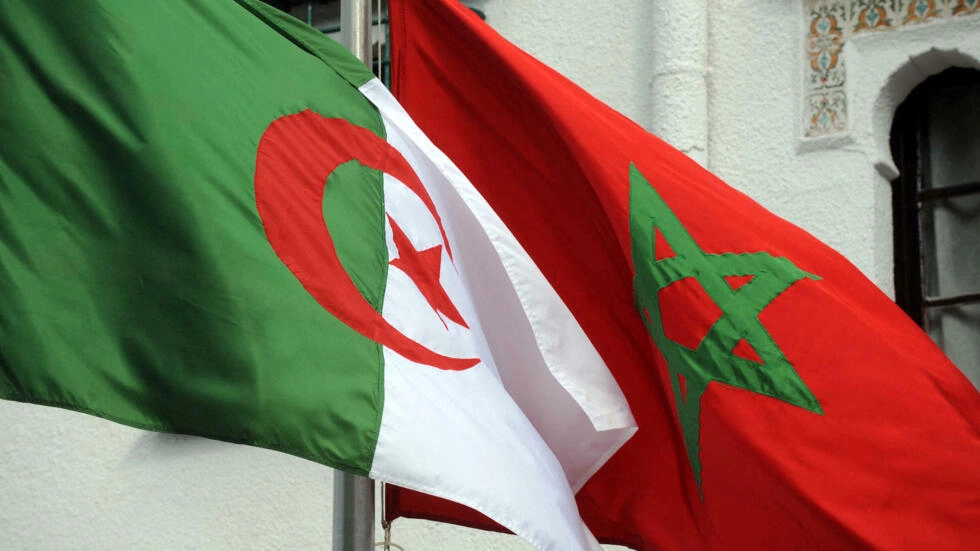Political instability and the health crisis have cost the Algerian economy a lot, which is heading towards another “blank year” at the rate things are developing and in view of the political agenda that awaits the country.
Investment is at a standstill, many cases are stamped with the seal of irresolution and several long-awaited legislative texts are struggling to see the light of day.
This, at a time when hydrocarbon revenues, even with a sharp rise in oil prices in recent months, remain far below the levels necessary to balance the country’s accounts.
Most of 2019 were marked by the Hirak protests, which began on February 22 and continued weekly throughout the year.
There were also important political events during this pivotal year: resignation of President Bouteflika, arrest of several former senior civil and military officials, political dialogue, the election of a new President of the Republic …
The exceptional situation, and its status as a transitional government appointed to handle current affairs, had not prevented the government which managed the country from the beginning of April to the end of December from initiating some reform texts.
The most notable is the new law on hydrocarbons, drawn up in a hurry and adopted despite the opposition of a large part of society, in particular the Hirak demonstrators who saw it as a way of ” selling off ” the country’s wealth, at a time when the government presented the text as essential to attracting the foreign investment necessary to halt the decline in oil and gas production.
The Executive had also taken several populist measures, in order to calm the bubbling street, such as the clause authorizing the import of used vehicles, contained in the 2020 finance law.
At the start of 2020, a new government is appointed by the elected President of the Republic. Abdelaziz Djerad is appointed Prime Minister at the head of a team known as technocrats whose main mission was to revive and diversify the national economy.
Barely installed, the new Executive had to face an unforeseen event which, throughout the year, will absorb all its energy: the Covid-19 health crisis. The virus, which arrived in Algeria at the end of February, caused the total or partial shutdown of entire sections of economic activity, mobilized all state resources, and postponed all reform projects.
The pandemic has also caused the price of oil, the country’s main source of foreign exchange, to drop to unprecedented levels. In April, the barrel experienced negative values (down to -37 dollars). Algeria closed the year with $ 22 billion in oil and gas revenues and a 5.5% recession.
Reforms will have to wait, investment too …
The year 2021 should logically be the year of the real start of reforms and economic recovery for several reasons: suspension of the Hirak markets, forecasts of resumption of growth for the entire world economy (3.6% for Algeria, according to the World Bank), and a rise in oil prices (between 60 and 70 dollars in recent weeks).
But there is above all the hope aroused by the development of several vaccines against the virus and the great ambitions announced by Algeria concerning the vaccination of its population.
But as the country entered the second quarter of the year, not all of those forecasts came true, apart from oil prices which remain in the same range.
The promised vaccination campaign turned into a fiasco (only 0.03% of the population was vaccinated at the beginning of April), the country’s borders remain closed, the weekly marches have resumed with more intensity.
Meanwhile, the reforms promised and presented as essential-have still not seen the light of day. The new Investment Code has not been drawn up, as well as the texts for the application of the new law on hydrocarbons, to name only the texts which are of capital importance in the current economic situation.
“It is abnormal that in one year, not a single industrial investment file has been studied,” lamented the president of the CAPC (ex-FCE), Sami Agli, stressing the extent of the blocking of the investment in Algeria.
The government is also procrastinating on less complicated matters, such as those of the importation and assembly of vehicles which are still not definitively decided, or the decriminalization of the act of management which was announced by the president of the Republic last August.
Even the promise to set up cells at the level of each wilaya under the direct authority of the wali to remove obstacles to investment was not kept.
Unfortunately, the current year may not also be one of the major reforms because of the country’s political agenda. The President of the Republic dissolved the National People’s Congress on February 21.
This implies that since that date, the Head of State can legislate by ordinance, but only on urgent matters. A new assembly is expected to be elected on June 12, and by then the government and the entire administration will be taken up with poll preparations and the election campaign.
It will then be the summer holidays and then the preparations for another electoral meeting, that of the local elections which should take place during the autumn.
What will remain of the year, the government should devote to the preparation of the 2022 finance law. Without forgetting the management of the health crisis and the political crisis, exacerbated with the return of street demonstrations.
In short, reforms will have to wait, as will investment, which is what business leaders fear most when they are faced with an economic crisis of unprecedented magnitude.













